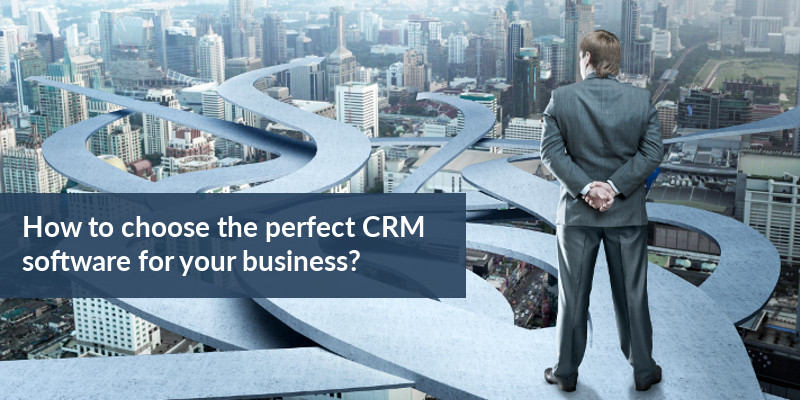All businesses, should have a merchant account. If your business doesn’t have one yet, here are some smart ways to afford one, regardless of how small your profit margins are.
Figuring Out Your Needs
Not all businesses need the same type of merchant account. Let’s say you’re a street vendor. Do you need to have a traditional static terminal? Probably not. If you’re a large retailer, on the other hand, it’s probably necessary.
Likewise, if you’re a brick-and-mortar retailer, using a mobile terminal will probably make you appear unprofessional. Context is everything.
So, figure out the type of terminal you need, and the average sales volume you do right now. These are the two primary factors driving merchant account fees.
Qualifying For The Best Rates
One of the most confusing things when it comes to merchant accounts is the fee structure. It’s difficult to tell who is getting paid what, and how transactions are being classed. There are over 125 interchange categories, each having different fees based on how the credit or debit card is processed and what kind of card the customer uses.
But, many merchant service providers consolidate all of these fees into just three tiers – Qualified, Mid-Qualified, and Non-Qualified.
They then average out the rates, so some merchants overpay and others underpay within each category. Sometimes, the margin can be substantial, but you’ll rarely know that. For example, a merchant services provider might charge you 3.5pc plus a flat per-transaction fee of £0.35. Is that a good deal?
The only way to know is to make the service provider break down and itemize the fees on each transaction, every month.
Transaction Volume Matters
How many transactions you process every month matter, from a fee standpoint. The higher the volume, the lower the fee. When you are a low-volume business, your best bet is to use a third-party provider that charges a flat fee or a fixed percentage plus a per -transaction fee and no monthly fee.
Avoiding Leases and Low-Cost Equipment
Don’t sign on to a lease or buy low-quality equipment. It’s never worth it. Sometimes, sales reps for companies will try selling you a lease arrangement for £50 or £100 per month when the cost of the equipment (to buy outright) is only £100 to £400.
Check The Fees
Even the best uk merchant accounts charge fees. Check them out. Ask for a list of every fee the merchant service provider charges.
These will range from simple transaction fees to chargeback fees, gateway fees, annual fees, programming fees for new terminals, cancellation fees if you have to sign a contract, and batch fees for moving money from the merchant account to your business account.
You shouldn’t have to pay fees like annual fees, but even when you pay a batch fee, you shouldn’t have to pay excessive fees to process those transactions. Ask about discounts for volume processing and different tiers as well as rates for keyed-in transactions vs swipe, and online transactions.
Thomas Lewis earns his living in retail business IT and also enjoys the chance to share his retailing insights with a wider audience online. He is a regular contributor for several B2B websites.





